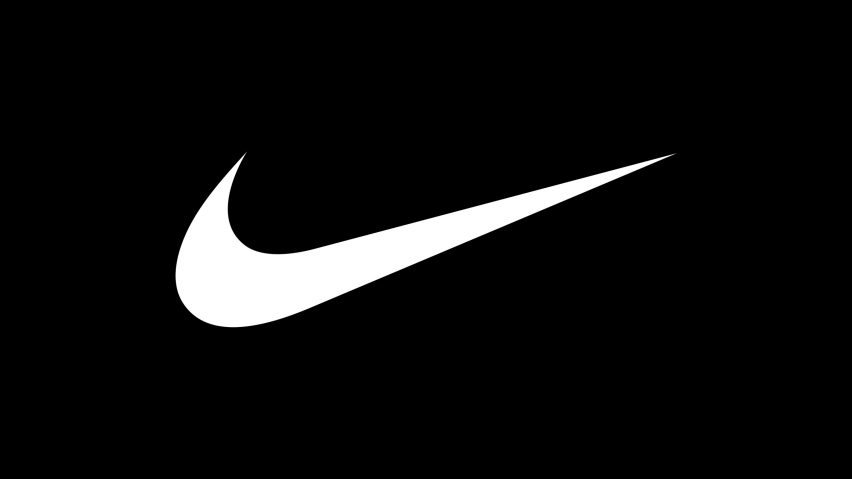
Canadian ethics ombudsperson investigates Nike's alleged use of Uyghur forced labour
The Canadian Ombudsperson for Responsible Enterprise is investigating allegations that sportswear brand Nike has supply relationships with Chinese companies that benefit from Uyghur forced labour.
The Canadian Ombudsperson for Responsible Enterprise (CORE) – a business and human rights dispute resolution mechanism established by Canada's government – is carrying out an investigation following a complaint against Nike Canada Corp filed by 28 Canadian organisations.
The complaint alleges that "Nike Canada Corp has supply relationships with several Chinese companies that the Australian Strategic Policy Institute (ASPI) identified as using or benefiting from Uyghur forced labour".
It also stated "there is no indication that Nike Canada Corp has taken any concrete steps to ensure beyond a reasonable doubt that forced labour is not implicated in their supply chain".
Complaint alleges Nike has links to forced labour
The complaint links a number of Chinese companies that Nike has "relationships or supply chain links with" to forced labour by Uyghur people – a mostly-Muslim ethnic group in Xinjiang, northwestern China. Large numbers of Uyghur people are alleged to be incarcerated in Chinese prison camps.
The complainants referred to findings by the ASPI in its report Uyghurs for sale and a report by Sheffield Hallam University, Laundering Cotton, to support the allegations against Nike.
According to the complainants, they contacted Nike by letter in November 2021 to ask that the company conduct human rights due diligence to assure it wasn't benefitting from Uyghur forced labour.
The letter said that Nike released a statement in March 2020 indicating that one of the Chinese suppliers had "stopped hiring new employees from Xinjiang", which the complainants say is contradicted by the ASPI report.
Nike allegedly also denied having any relationships with a number of the other named suppliers, which the complainants say is also contradicted by the ASPI report.
The 28 organisations who have filed the complaint against Nike requested the company cut off relations with a number of the Chinese companies and take "reasonable steps to ensure beyond a reasonable doubt that none of its materials are sourced from Xinjiang", but say Nike did not reply to them.
Nike "concerned about reports of force labor"
Nike declined to have a meeting with CORE about the allegations and instead referred to statements made by the company.
In its response to the ASPI report, the company said: "Nike is committed to ethical and responsible manufacturing and we uphold international labor standards. We are concerned about reports of forced labor in, and connected to, the Xinjiang Uyghur Autonomous Region (XUAR). Nike does not source products from the XUAR and we have confirmed with our contract suppliers that they are not using textiles or spun yarn from the region."
It also references its statement on forced labour, human trafficking and modern slavery, which says: "We work to elevate human potential through our products, partnerships and operations, something that cannot be accomplished without a fundamental respect for human rights throughout NIKE’s operations."
"We expect the same from our suppliers, and we focus on working with long-term, strategic suppliers that demonstrate a commitment to engaging their workers, providing safe working conditions and advancing environmental responsibility," it continued. "This includes working to combat risks of forced labor."
CORE has now decided to launch an investigation into the complaint, stating: "the complaint raises serious allegations regarding the possible abuse of the international human right to be free from forced labour."
This will proceed "through independent fact-finding", CORE stated, adding that mediation is available at any stage of the process.
The treatment of Uyghurs in China was also the subject of architect Alison Killing's research into Chinese prison camps allegedly built to imprison Uyghurs and other Muslim minorities.
Killing won a Pulitzer Prize for her investigation, which was also showcased as a part of this year's Venice Architecture Biennale, where it was criticised by the Chinese Embassy in Italy.
The image is courtesy of Nike.